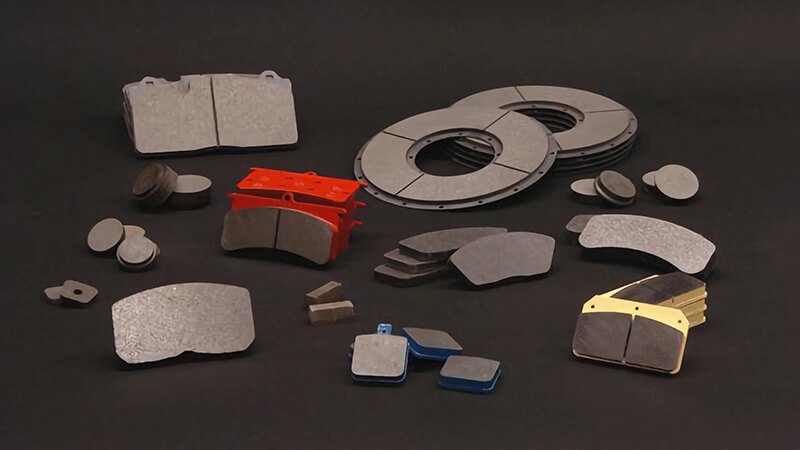Replacing just one set of brake pads might save money at first, but it can create serious safety issues.
No, it’s not recommended to replace only one set of brake pads. Uneven wear leads to unstable braking, poor control, and faster deterioration of other brake components.
When it comes to your vehicle’s braking system, shortcuts are never a good idea. In this article, I’ll explain why changing just one set of brake pads is a mistake, and how high-quality parts—like the ones we produce at Runex Auto—help ensure both safety and durability.
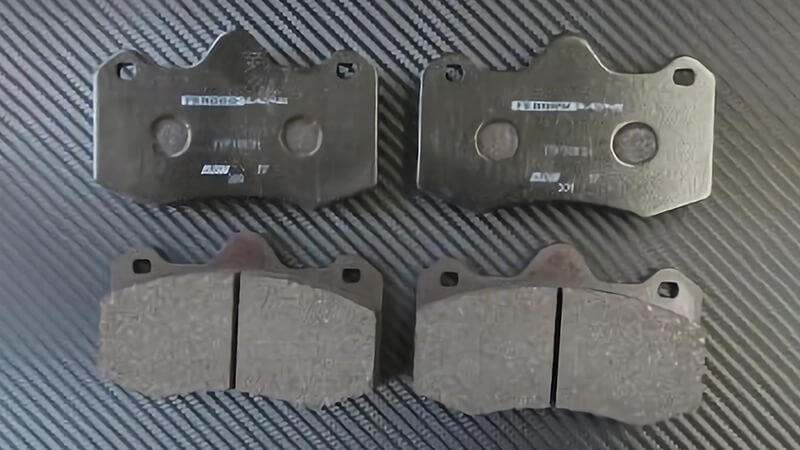
What happens if you only change one set of brake pads?
Swapping out just one set of brake pads can cause more damage than savings. It often results in unbalanced braking and unexpected repair bills.
Replacing one set of brake pads causes uneven braking pressure, increased stopping distance, and instability. This compromises both safety and vehicle performance.
Why unbalanced brake pads are a problem
At Runex Auto, we test our brake pads under strict international standards, and we always advise our customers to replace pads in pairs. Here's why:
- Uneven Wear1: If the new and old pads don’t wear evenly, the braking system distributes force unevenly across the axles.
- Pulling Effect: The vehicle may pull to one side during braking, making it harder to control.
- Premature Rotor Wear2: Different levels of friction wear down rotors unevenly, leading to expensive replacements.
- Inconsistent Braking Feel3: The brake pedal may feel soft or unpredictable.
Brake pad wear comparison
| Brake Pad Age | Friction Level | Risk of Rotor Damage | Vehicle Stability |
|---|---|---|---|
| New | High | Low | Stable |
| Old | Reduced | High | Unstable |
I once worked with a distributor who insisted on replacing just the front pads for a fleet of vehicles. Within weeks, several drivers reported pulling sensations and longer braking distances. The cost-saving attempt backfired, and they had to redo the job entirely.
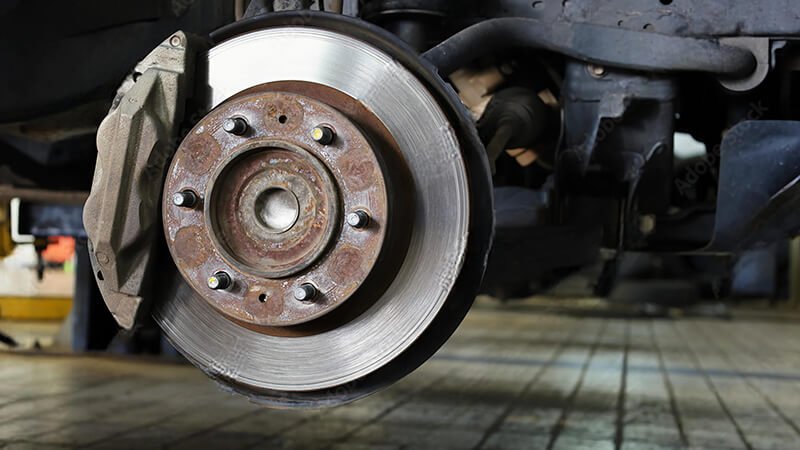
Do I need to buy two sets of brake pads?
Many buyers think they can save by purchasing only one set, but that’s not how braking systems are designed to work.
Yes, you should buy two sets—one for each wheel on the axle (either front or rear)—to maintain safe, balanced braking.
Front and rear pads work together
At Runex Auto, we manufacture complete sets of front and rear brake pads with consistent material compounds. Here's why buying in pairs is essential:
- Braking Balance4: The front and rear brakes contribute differently to stopping the car. Changing only one side throws off that balance.
- Longevity5: Matched sets last longer because they share the load evenly.
- Cost-Efficiency6: It may seem counterintuitive, but buying a full pair can actually reduce overall maintenance costs by preventing further damage.
Brake pad placement logic
| Brake Location | Should Replace Together? | Reason |
|---|---|---|
| Left & Right | Yes | Prevents uneven wear |
| Front & Rear | Preferably, but optional | Depends on wear patterns |
Joe Rich, a procurement manager from the UK, once told me how he switched to Runex Auto’s matched pad sets. After struggling with inconsistent braking from mixed-brand components, he saw better consistency and fewer complaints from his fleet drivers. That’s the kind of feedback that validates our approach.
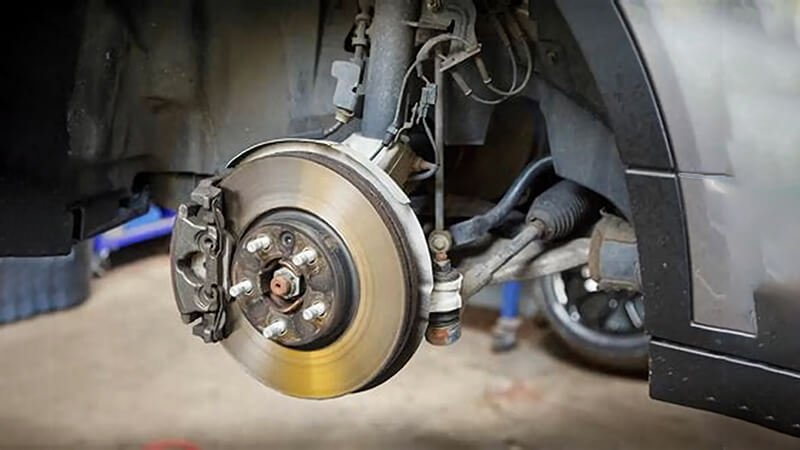
Are brake pads always replaced in pairs?
It’s not just a guideline—it’s an industry standard.
Brake pads are designed to be replaced in axle pairs to keep braking force even across both sides of the vehicle.
Industry best practices from a manufacturing view
From the perspective of a brake pad supplier, we at Runex Auto ensure each pair is pressure-tested7 together. They’re calibrated to perform identically under heat, pressure, and moisture. Replacing only one pad in a pair defeats the purpose.
- Vehicle Design: Modern vehicles are engineered with electronic stability controls that assume matched brake pad wear8.
- Heat Distribution: Uneven heat from mismatched pads can warp the rotors.
- Regulatory Safety Compliance9: In some countries, safety inspections require pads to be replaced in pairs for compliance.
When replacement is necessary
| Scenario | Recommended Action |
|---|---|
| One pad worn, one still thick | Replace both pads on the axle |
| Only front pads worn | Replace both front pads |
| Rear pads damaged after inspection | Replace both rear pads |
In our OEM partnerships, we’ve seen repair facilities struggle with warranty claims because of improper single-pad replacements. That’s why we always ship and label our products in clear, paired sets.
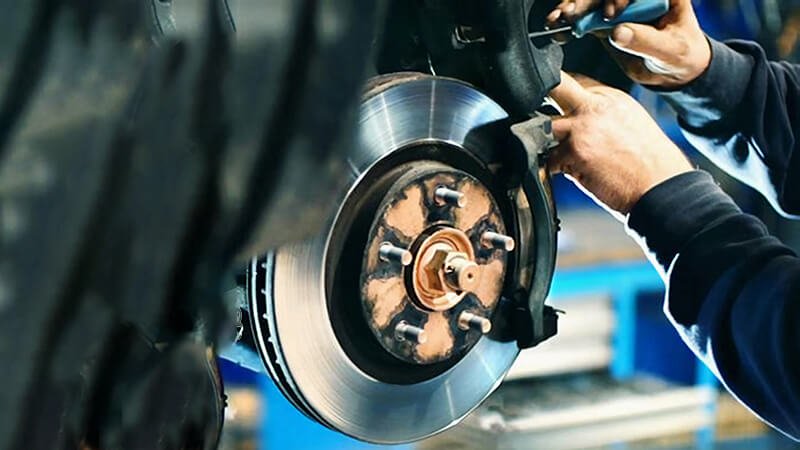
Can I replace brake pads on just one side?
This is a common question, but the answer is always no.
You should never replace brake pads on only one side of the car. It leads to unsafe driving and unnecessary wear on the braking system.
Why “just one side” is dangerous
Replacing brake pads on one side of the vehicle can lead to more serious mechanical failures. Here’s how:
- Steering Instability10: One wheel braking more aggressively causes the car to veer.
- ABS Confusion11: Anti-lock systems can misread imbalance as wheel lock-up.
- Tire Damage12: Uneven braking puts more force on one side’s tires.
Side-only replacement consequences
| Issue | Side-Only Replacement Impact |
|---|---|
| Vehicle Pulls When Braking | High |
| Brake System Wear | Accelerated |
| Risk of Brake Failure | Increased |
One time, a customer brought in a vehicle that had undergone a left-side-only brake pad replacement. After just 500 km, the rotor on the right side overheated and cracked. It cost them three times more than a proper replacement would have.
That’s why we always advise: replace both sides, every time.
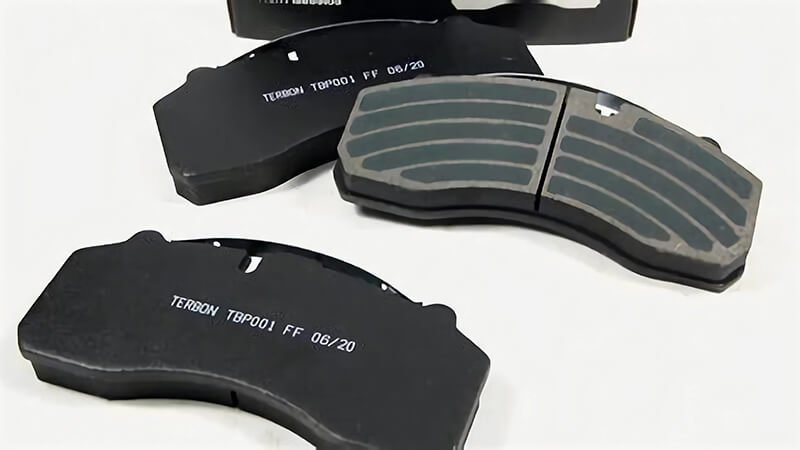
Conclusion
Replacing only one set or one side of brake pads 13 can seem like a quick fix, but it creates long-term problems—unstable braking, increased wear, and safety risks. At Runex Auto, our matched pairs of brake pads are designed to work together, delivering smooth, even braking and long-term reliability. Always replace pads in axle pairs, and never one side only. Your safety—and your wallet—depend on it.
-
Understanding uneven wear can help you maintain your vehicle's braking system effectively and safely. ↩
-
Learn about the implications of rotor wear to avoid costly repairs and ensure your vehicle's safety. ↩
-
Discover the causes of inconsistent braking to enhance your driving experience and safety. ↩
-
Understanding braking balance is crucial for vehicle safety and performance. Explore this link to learn more about its significance. ↩
-
Matched brake pads can significantly enhance the lifespan of your braking system. Discover the benefits of using matched sets. ↩
-
Buying brake pads in pairs can save you money in the long run. Find out how this strategy can reduce maintenance costs. ↩
-
Understanding pressure-testing can help you appreciate the quality assurance in brake pad manufacturing, ensuring safety and performance. ↩
-
Learning about matched brake pad wear can enhance your knowledge of vehicle safety and performance, crucial for any vehicle owner. ↩
-
Exploring regulatory compliance can inform you about safety standards and legal requirements for brake pad replacements in your region. ↩
-
Understanding steering instability can help you avoid dangerous driving situations and ensure vehicle safety. ↩
-
Learn about ABS systems to prevent costly repairs and enhance your vehicle's braking performance. ↩
-
Exploring tire damage can help you maintain your tires better and improve overall vehicle safety. ↩
-
Find the best OEM Auto Brake Pads from Runex. ↩

